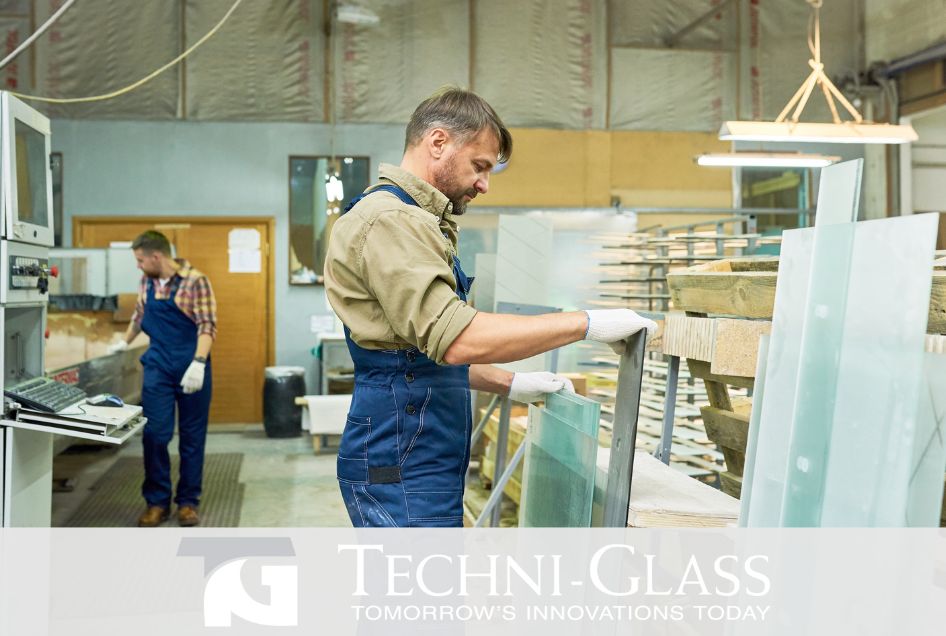In the world of glass fabrication, precision and quality are paramount. From architecture to everyday household items, glass serves a multitude of purposes, each demanding the highest standards of craftsmanship and durability. Behind every flawless pane of glass lies a rigorous process of fabrication, where quality control stands as the seal of excellence.
Why Quality Control Matters
Quality control in glass fabrication isn’t just about meeting standards; it’s about exceeding them. In an industry where safety, aesthetics, and functionality are non-negotiable, every step of the fabrication process must adhere to stringent quality measures. Here’s why it matters:
- Safety Assurance: Glass is ubiquitous in our lives, from skyscrapers to automobile windshields. Ensuring that each piece meets safety standards is paramount. Quality control processes identify potential weaknesses, such as imperfections or inconsistencies, that could compromise structural integrity or safety.
Read More:
Techni-Glass is DOT Certified
SGCC-Certified Architectural Glass Producer - Customer Confidence: When customers invest in glass products, they expect reliability and longevity. Quality control instills confidence by delivering products that not only meet but exceed expectations. Consistently high-quality glass builds trust and fosters long-term relationships with clients.
Read More:
Techni-Glass – Made In America - Brand Reputation: In the landscape of glass fabrication, reputation is everything. A single flaw in a product can tarnish a company’s image and credibility. On the other hand, a reputation for uncompromising quality can elevate a company above its competitors, attracting discerning clients who prioritize excellence.
Read More:
Techni-Glass: 5-Star Team - Cost Savings: Quality control isn’t just about maintaining standards; it’s also about optimizing processes to minimize waste and reduce rework. By identifying and rectifying issues early in the fabrication process, companies can mitigate the risk of costly errors downstream.
The Quality Control Process
Quality control begins long before the glass is cut or molded. It starts with meticulous planning, stringent material selection, and adherence to industry regulations. Throughout the fabrication journey, from initial design to final inspection, quality control is embedded in every phase:
- Raw Material Inspection: The foundation of quality control lies in the careful selection of raw materials. Techin-Glass manufacturers rigorously inspect incoming materials for defects, impurities, and dimensional accuracy.
- Precision Fabrication Techniques: Cutting, shaping, and tempering are precision-driven processes that demand exacting standards. Advanced machinery and skilled artisans work in tandem to ensure that each piece of glass meets precise specifications.
Read More:
Custom Glass Fabrication Capabilities
Precision Redefined: Techni-Glass CNC Edging
Understanding Glass Furnace Tempering - Quality Testing: Before glass products leave the facility, they undergo rigorous testing to assess strength, clarity, and resistance to environmental factors. Tests may include impact resistance, thermal stress, and chemical durability assessments.
- Continuous Improvement: Quality control is not a one-time effort but a continuous commitment to excellence. Techni-Glass invests in research and development to innovate new techniques, improve efficiency, and raise the bar for quality standards.
Learn More
Quality control is more than a process; it’s a philosophy—a commitment to excellence that permeates every aspect of operations. Find out how Techni-Glass can assist you or your business with the highest quality of service. Get started below!

